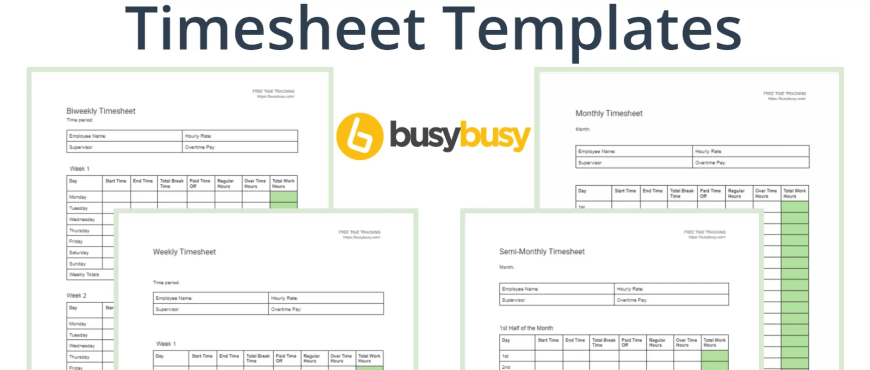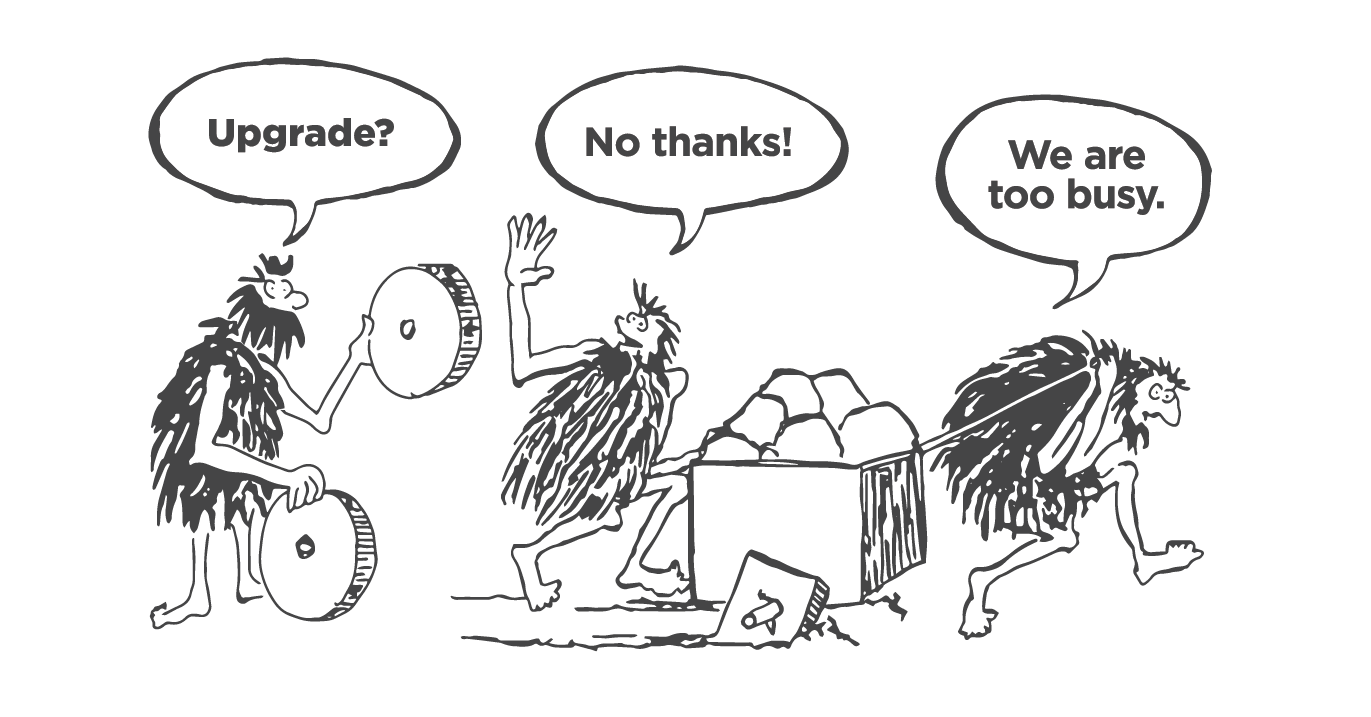It doesn’t matter if it’s called production tracking, work accomplished, quantities, loads, or progress tracking; contractors know they should be tracking jobsite productivity, but like many things that are good for us, few are making an effort to do it. This fact begs the question, is production tracking a waste of time, especially for those in construction trades?
Great employers and great coaches have often said, “if you don’t measure it, you can’t improve it.” It’s human nature to improve things when they are being measured and reported. According to a study by the American Psychological Association, the more progress is tracked, the greater the likelihood of success. Success is even more likely if progress is reported publicly or physically recorded. This and many other studies point to the fact that production tracking is vital for increasing productivity.
However, while many US sectors, including agriculture and manufacturing, have increased productivity 10-15x since the 1950s, construction productivity remains stuck at the same level as 70 years ago! Even with telematics being more common with heavy equipment it still isn’t commonly utilized today, but we’re headed in the right direction.

The lack of productivity in construction means one of two things; 1) productivity in construction is stagnant because no one is tracking their production, or 2) companies ARE tracking production, but it’s not increasing productivity. If the latter is true, then it argues that production tracking is a waste of time.
OR. . . . Maybe there’s a third option. Perhaps, construction productivity is in the toilet because current tracking methods just aren’t very good. If the information being gathered isn’t accurate, then nobody trusts it. If they don’t trust it, they won’t use it.
Outdated Data Collection Methods
Rob McKinney, “construction app guru,” and co-host of a construction technology podcast, said, “industry productivity is a train wreck. It’s almost in the dark ages.” The data supervisors record on paper is nearly obsolete by the time the project manager collects it, and has time to review it. Using 1950s ‘paper and pencil’ collection methods result in 1950s productivity.
For production tracking to be effective, it needs to be collected, analyzed, and available in real-time reports for everyone to access immediately. Real-time information results in making better decisions more quickly. Advances in technology have simplified production tracking, and many contractors have begun to benefit.

Unused Data is Useless Data
95% of all data captured in construction goes unused. Tracking jobsite progress is a waste of time if a company goes through the effort to collect and record the quantity of work accomplished but never looks at the data again.
Multiple Truth Sources
A popular phrase in production tracking right now is, ‘Create a Single Source of Truth’. A single source of truth ensures a company is confident that what they see on the screen is accurate and reflects current jobsite progress. Every member of the project remains on the same page, with a detailed overview of the latest status. A successful tracking system will compile jobsite data into multiple easy-to-read reports, helping sub-contractors make informed data-based decisions.

Productivity = Profitability
Increasing productivity automatically increases profitability. In an industry where profit margins can be razor-thin, the construction industry should be doing everything in its power to improve. Production tracking is one of the best ways to do this IF done correctly. Imagine having a budget that shows how much actual time and work has been accomplished on each project versus a Wild @$$ Guess. Take your construction business to the next level by investing in technology that easily and accurately tracks progress. It could just pay off big time! 😏











